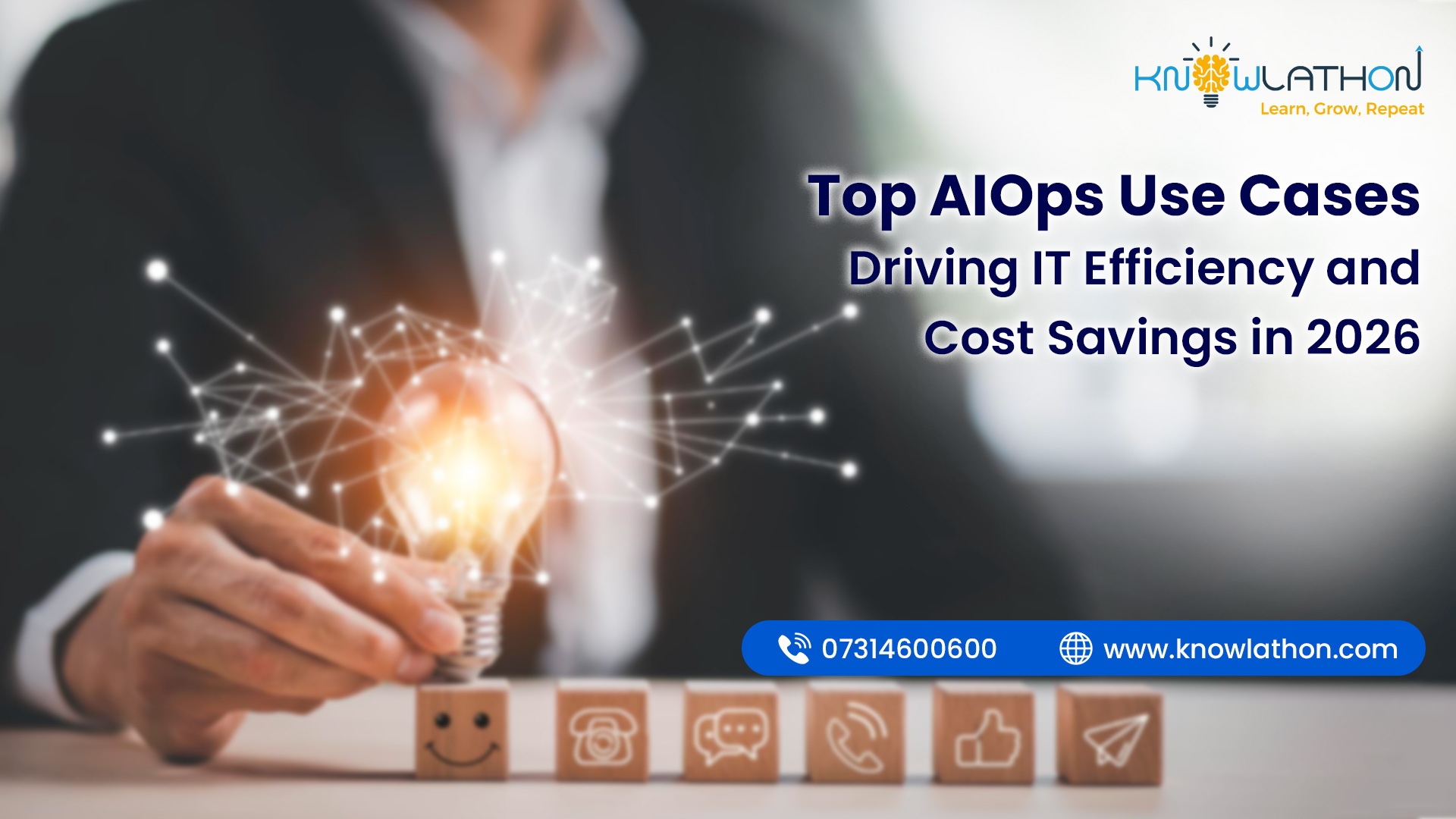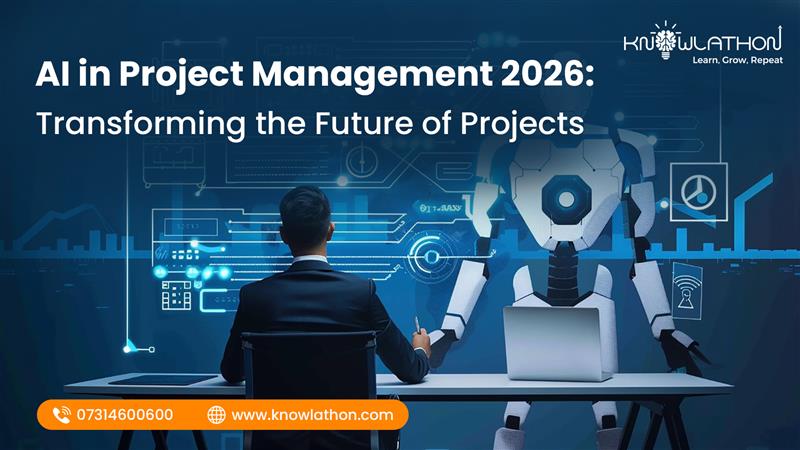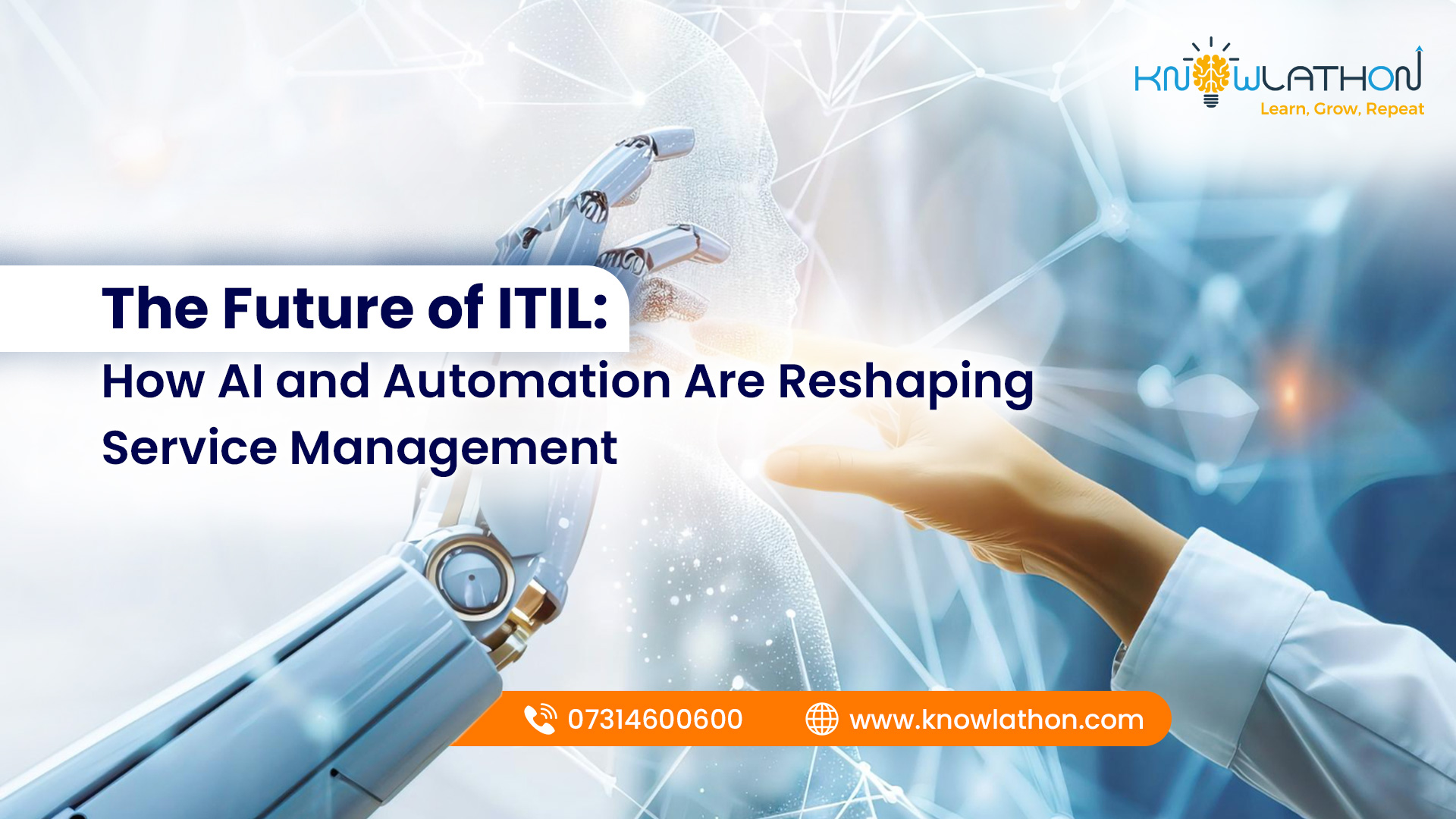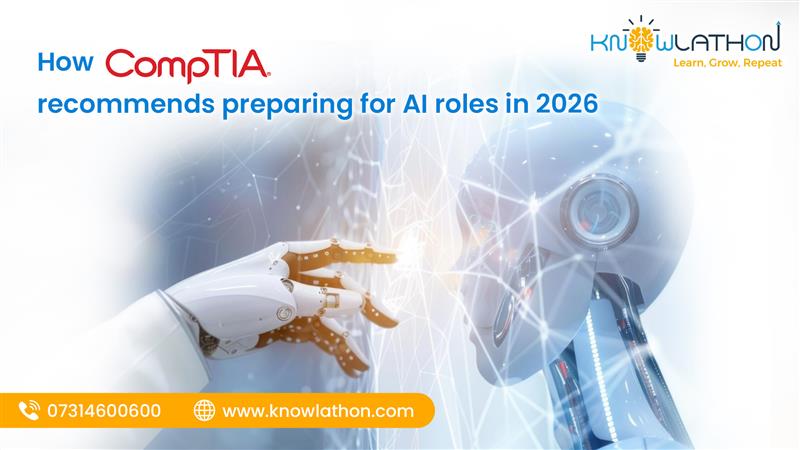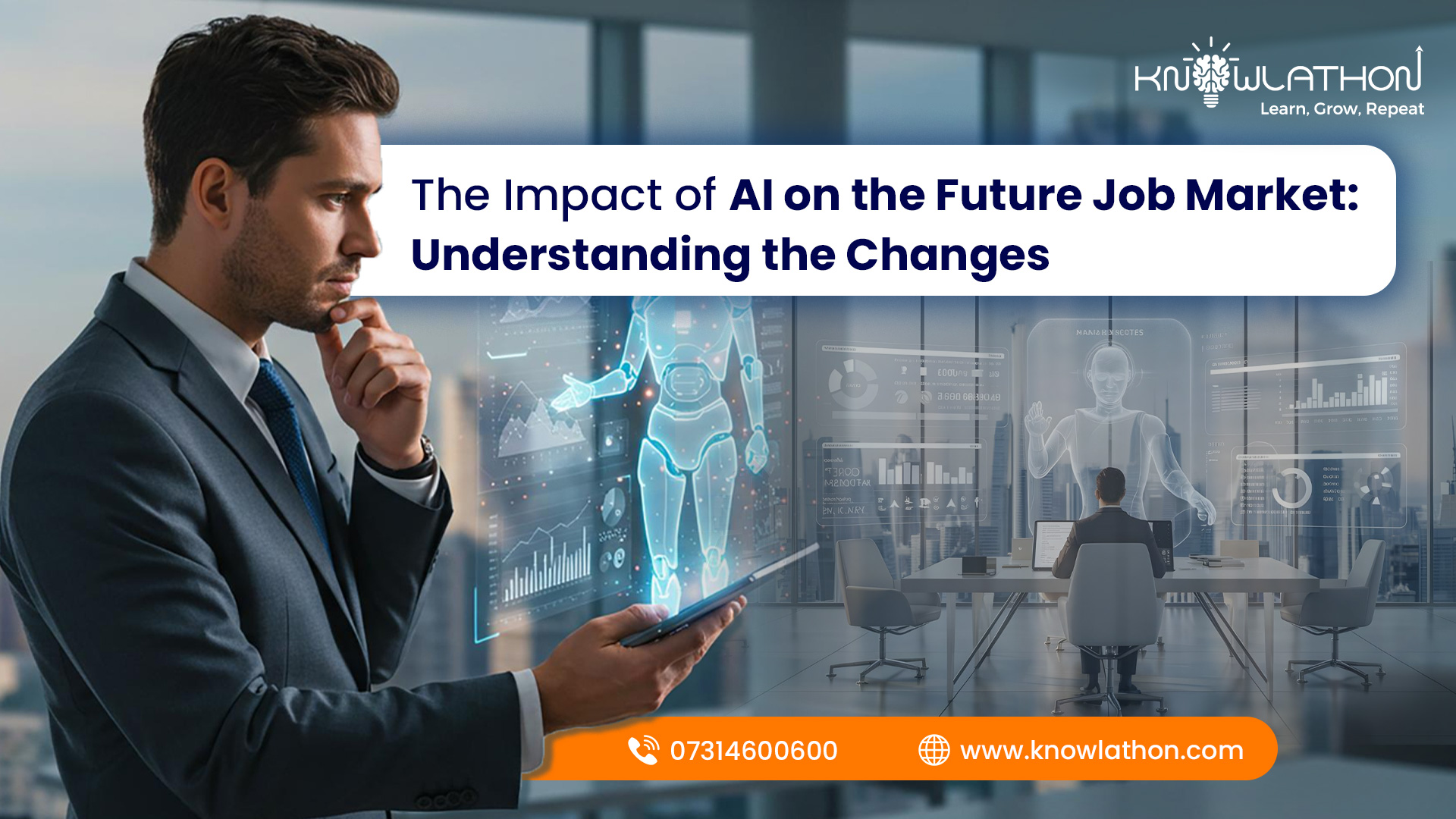AI-Powered Multi-Cloud & Cybersecurity: The Next Frontier in Ethical Hacking

In the fast-paced world of 2025, where digital transformation is no longer optional but essential, the intersection of AI, multi-cloud environments, and cybersecurity has become the battleground for ethical hackers. As organizations increasingly rely on hybrid and multi-cloud setups to scale operations, the threats have evolved exponentially. Cyber adversaries are leveraging AI to craft sophisticated attacks, from polymorphic malware to automated phishing campaigns. Ethical hackers, or white-hat professionals, are stepping up as the frontline defenders, using AI-powered tools to simulate breaches, identify vulnerabilities, and fortify defenses.
Whether you're a cybersecurity enthusiast, a business leader, or an aspiring ethical hacker, understanding this next frontier is crucial for staying ahead in an era where data is the new oil and breaches can cost millions.
AI in Cybersecurity 2025
As we navigate through 2025, AI in Cybersecurity 2025 stands out as a double-edged sword—empowering defenders while arming attackers with unprecedented capabilities. Organizations are rapidly adopting AI, exposing them to new risks like "shadow AI," where unsanctioned AI models used by employees evade governance and create vulnerabilities. According to experts, this shadow AI presents a major security blind spot, as it can lead to data leaks or unauthorized access without proper oversight.
On the threat side, AI-driven malware is a top concern, with machine learning enabling criminals to mutate code in real-time, evading traditional detection methods. Threat actors are scaling attacks using AI, turning innovation into a weapon for phishing, deepfakes, and automated exploits. Emerging trends show AI-related cyberthreats evolving significantly, impacting organizational security with AI-powered ransomware and supply chain attacks.
However, AI is also a powerful ally in defense. It's poised to transform cybersecurity through autonomous responses, where systems can detect and neutralize threats without human intervention. Large organizations with vast datastores are leading AI-driven innovation, using it for predictive analytics and anomaly detection. Balancing risks and rewards is key, as outlined in global reports, emphasizing AI governance to mitigate biases and ensure ethical use in security. For ethical hackers, AI tools enhance penetration testing by automating vulnerability scans and simulating complex attack vectors, making defenses more resilient. In essence, AI in Cybersecurity 2025 is about harnessing this technology to outpace threats, turning potential vulnerabilities into fortified strengths.
Multi-Cloud Security Strategies
With businesses spreading workloads across AWS, Azure, Google Cloud, and others, Multi-Cloud Security Strategies have become indispensable for maintaining robust defenses in 2025. A multi-cloud approach offers flexibility and redundancy but introduces challenges like fragmented visibility and inconsistent policies. Best practices start with developing a clear multi-cloud strategy that standardizes security across providers, leveraging cloud management tools for centralized control.
Key pillars include implementing strong Identity and Access Management (IAM) to enforce least privilege access, encrypting data in transit and at rest, and continuous monitoring of all activities. Embracing Zero Trust architecture is crucial, assuming no entity is trustworthy by default and verifying every access request. Automation plays a vital role; tools can enforce compliance and respond to threats in real-time, reducing human error.
For 2025, trends highlight the need for agentless vulnerability management, strengthened data governance, and regular configuration reviews to prevent misconfigurations—a common entry point for breaches. Multi-cloud setups should prioritize unified security policies, using AI for anomaly detection across environments. Cost optimization is another angle; strategies like leveraging hybrid models can reduce expenses while enhancing security. Ethical hackers benefit from these strategies by testing cross-cloud vulnerabilities, ensuring seamless integration without weak links. Ultimately, effective Multi-Cloud Security Strategies in 2025 involve proactive, layered defenses that adapt to evolving threats, turning complexity into a competitive advantage.
Ethical Hacker Skills in AI Era
In the Ethical Hacker Skills in AI Era, professionals must evolve beyond traditional methods to incorporate AI-driven techniques for superior threat simulation and defense. AI is revolutionizing ethical hacking by automating vulnerability detection, enhancing penetration testing, and improving threat intelligence. Ethical hackers now use AI tools to identify weaknesses faster, simulate attacks, and strengthen defenses against AI-powered adversaries.
Core skills include strong programming and networking knowledge, essential for integrating AI into hacking workflows. Leveraging AI for reconnaissance, such as using machine learning for pattern recognition in data breaches, is a must. Ethical hackers should think like malicious actors, employing AI to craft deepfakes or automated exploits while addressing ethical issues like bias in AI tools.
In this era, skills extend to using AI as a defensive tool against cybercriminals who deploy it for attacks. Automation in security testing allows for scalable assessments, detecting phishing and vulnerabilities efficiently. For entry-level roles, understanding generative AI's impact on cybersecurity analysis and ethical hacking is key. The Ethical Hacker Skills in AI Era demand a blend of technical prowess, ethical judgment, and adaptability, ensuring hackers can close the AI chasm and protect sustainable digital transformations.
Cloud Security Certification 2025
To thrive in this landscape, pursuing Cloud Security Certification 2025 is essential for validating expertise. Top recommendations include the Certified Cloud Security Professional (CCSP), a vendor-neutral cert that covers cloud security fundamentals. For platform-specific skills, AWS Certified Security – Specialty and Microsoft Certified: Azure Security Engineer Associate are highly regarded.
Other notables are ISC2 CCSP, CompTIA Security+, and Oracle Cloud Infrastructure 2025 Security Professional, focusing on designing secure solutions. These certifications align with 2025 demands, emphasizing AI integration and multi-cloud strategies. Entry-level options like Microsoft Azure Fundamentals provide a solid start, while advanced ones prepare for real-world challenges. Investing in Cloud Security Certification 2025 boosts employability in a competitive field.
Cloud Security Jobs 2025
The Cloud Security Jobs 2025 market outlook is promising, with employment for information security analysts projected to grow 29% from 2024 to 2034. Despite some challenges, demand
remains high, with 3.5 million unfilled positions globally. Roles like Cloud Security Engineers command high salaries, with the market growing to $62.9 billion by 2029.
Specializations in cloud, IoT, and critical infrastructure see 15% annual growth. However, the market is competitive, with a talent gap at senior levels. Digital expansion fuels this demand, making Cloud Security Jobs 2025 a hot sector for skilled professionals.
Conclusion
As AI-powered multi-cloud environments redefine cybersecurity, ethical hacking emerges as the critical force safeguarding our digital future. By mastering AI trends, multi-cloud strategies, essential skills, certifications, and job opportunities, professionals can lead this frontier. Stay vigilant, innovate ethically, and embrace the AI era to build a secure tomorrow.


